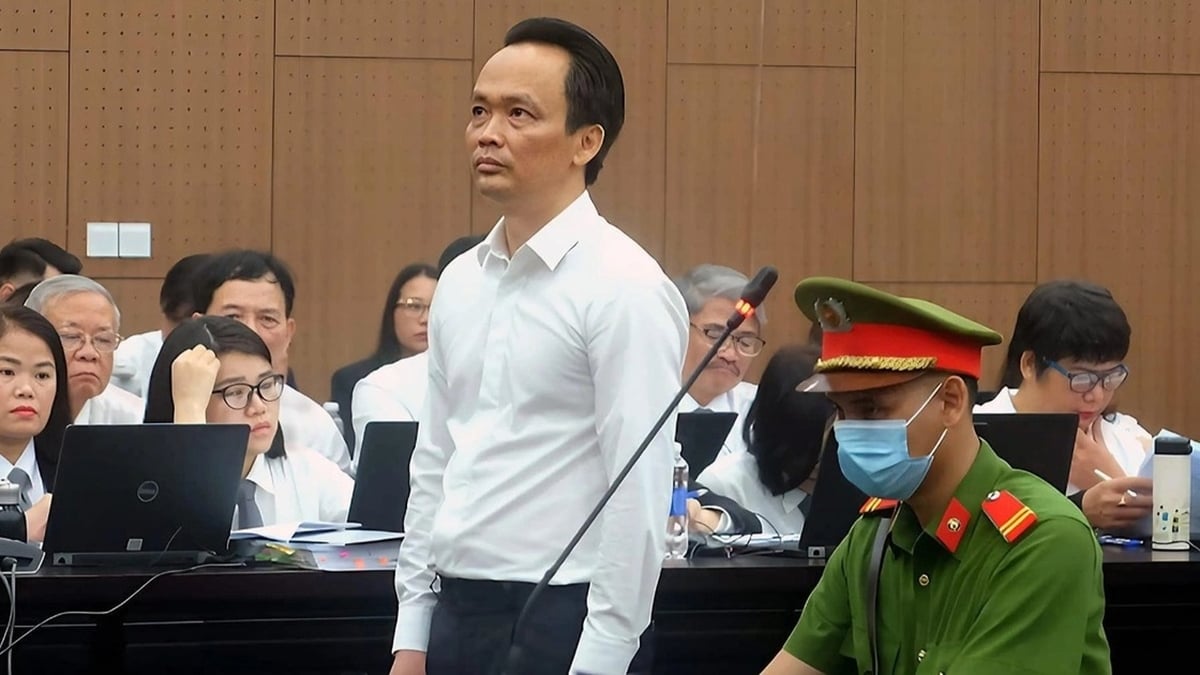Bruxism can be classified according to several criteria:
Teeth grinding during sleep: Occurs in both adults and children. Usually involves back and forth grinding.
Teeth grinding while awake: Common in adults, associated with stress. The main activity is clenching the teeth.
Causes of teeth grinding

Teeth grinding is considered a bad habit.
The cause of teeth grinding is not always clear. Some of the most commonly mentioned causes are:
Due to stress, tension
Stress is the main cause of teeth grinding while sleeping. Stress can cause sleep disturbances and reflex contractions of the masticatory muscles, causing the teeth to grind together unconsciously and intermittently.
Some authors believe that teeth grinding is a response to stress that occurs during the day, associated with people who work under stress, anxiety, repression, fear, students during exam season...
However, some other authors consider teeth grinding during sleep to be just an unconscious reflex of the central nervous system causing masticatory muscle contraction, unrelated to stress.
Teeth clenching can also occur during the day while concentrating on work, thinking, doing strenuous activities such as lifting heavy objects, or when angry. Gradually, this emotionally-related teeth clenching or grinding becomes a bad habit.
Due to genetic factors
People who have family members who have or have had bruxism are at risk of developing the condition themselves.
Research suggests that there may be a genetic component to developing bruxism. Between 21% and 50% of people who grind their teeth at night have a family member who has previously suffered from the condition. This suggests that there is a genetic component to bruxism.
Drugs and stimulants
Some psychiatric medications such as antidepressants can also cause bruxism as a side effect.
Additionally, tobacco and beverages containing caffeine, alcohol, or other stimulants may increase the risk of developing the syndrome.
Some psychiatric medications can also cause teeth grinding during sleep.
Systemic factors
Some studies have shown a direct link between obstructive sleep apnea and teeth grinding. Sleep disorders, sleep apnea, and imbalances in brain chemicals such as low levels of serotonin in the brain can trigger teeth grinding.
Depression, emotion, and physical fatigue can also increase or re-start bruxism or clenching. People with Parkinson's or Huntington's disease may grind their teeth during the day or night.
Intestinal parasites and worms are the cause of teeth grinding in children.
In addition, many other factors are mentioned such as nutritional disorders, urinary disorders, endocrine disorders, vitamin deficiencies, enzyme imbalances, etc.
Occupational factors with special demands can cause teeth grinding or clenching. For example: Pianists clench their teeth while holding the piano while playing; porters clench their teeth to exert strength; circus performers use their teeth to hold themselves in the air…
Some studies suggest that these habits are instinctive, a behavioral activity of mammals. Its purpose is to maintain the sharpness of the teeth.

Severe teeth grinding can cause damage to teeth, jaw bones, headaches...
Severe teeth grinding can cause damage to teeth, jaw bones, headaches, facial pain, and temporomandibular joint disorders (clicking sound when opening and closing the mouth in front of the ear).
Treatment for bruxism depends on the underlying cause. Chronic contraction of the muscles that lift the jaw can put excessive stress on the teeth, tooth-supporting structures, and temporomandibular joints.
However, if the forces are frequent but evenly distributed during tooth-to-tooth contact, less damage can be caused to the components of the masticatory apparatus.
When you regularly experience uncontrolled teeth grinding, your teeth will be greatly affected, so you need to see a doctor to find the cause and appropriate treatment.
Source: https://giadinh.suckhoedoisong.vn/bat-ngo-voi-cac-nguyen-nhan-gay-nghien-rang-khi-ngu-172240619223412121.htm




















































![[Maritime News] More than 80% of global container shipping capacity is in the hands of MSC and major shipping alliances](https://vphoto.vietnam.vn/thumb/402x226/vietnam/resource/IMAGE/2025/7/16/6b4d586c984b4cbf8c5680352b9eaeb0)













































Comment (0)